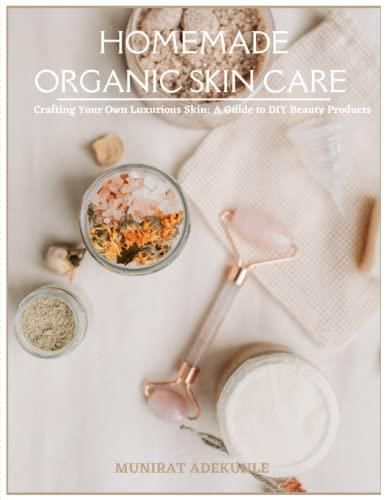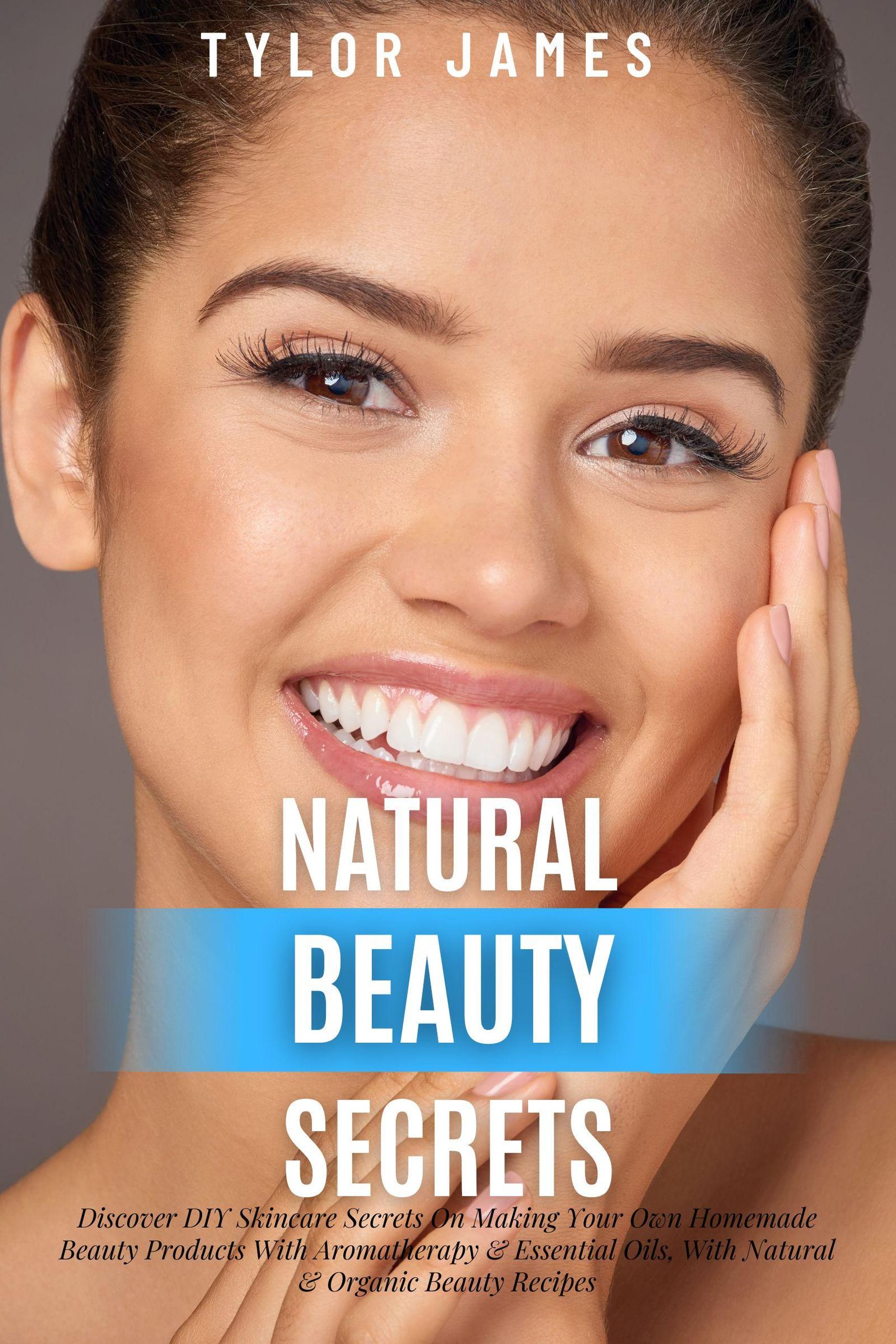Crafting Your Own Beauty: A Comprehensive Guide to DIY Cosmetics Courses
Related Articles: Crafting Your Own Beauty: A Comprehensive Guide to DIY Cosmetics Courses
Introduction
With enthusiasm, let’s navigate through the intriguing topic related to Crafting Your Own Beauty: A Comprehensive Guide to DIY Cosmetics Courses. Let’s weave interesting information and offer fresh perspectives to the readers.
Table of Content
- 1 Related Articles: Crafting Your Own Beauty: A Comprehensive Guide to DIY Cosmetics Courses
- 2 Introduction
- 3 Crafting Your Own Beauty: A Comprehensive Guide to DIY Cosmetics Courses
- 3.1 The Allure of DIY Cosmetics Courses: A Deeper Dive
- 3.2 Understanding the Scope of DIY Cosmetics Courses
- 3.3 FAQs about DIY Cosmetics Courses
- 3.4 Tips for Success in a DIY Cosmetics Course
- 3.5 Conclusion: Embracing the DIY Cosmetics Revolution
- 4 Closure
Crafting Your Own Beauty: A Comprehensive Guide to DIY Cosmetics Courses

The allure of natural, handcrafted beauty products has captivated individuals seeking a more conscious approach to skincare and personal care. This growing interest has fueled the rise of DIY cosmetics courses, empowering individuals to take control of their beauty routines by creating their own products from scratch.
These courses offer a unique blend of practical skills, scientific knowledge, and creative expression. Participants learn to formulate, produce, and package a range of beauty products, from nourishing face masks and gentle cleansers to luxurious bath bombs and fragrant body scrubs. This journey into the world of DIY cosmetics extends beyond mere product creation; it provides a deeper understanding of ingredients, their properties, and the science behind their efficacy.
The Allure of DIY Cosmetics Courses: A Deeper Dive
1. Control Over Ingredients and Quality:
DIY cosmetics courses provide a platform for individuals to take ownership of their beauty regimens by controlling the ingredients that touch their skin. Participants gain the ability to select natural, organic, and ethically sourced ingredients, ensuring a product free from harsh chemicals, artificial fragrances, and potential irritants. This conscious approach resonates with individuals seeking a more holistic and sustainable lifestyle.
2. Tailored Solutions for Unique Skin Needs:
Everyone’s skin is unique, with its own set of sensitivities and requirements. Traditional beauty products often fall short in addressing these individual needs. DIY cosmetics courses empower individuals to create customized formulas tailored to their specific skin type, concerns, and preferences. This personalized approach allows for targeted solutions, addressing issues like dryness, acne, or sensitivity with greater precision.
3. A Creative Outlet and a Sense of Accomplishment:
Beyond the practical benefits, DIY cosmetics courses offer a creative outlet for individuals to explore their artistic side. The process of formulating, mixing, and packaging their own products fosters a sense of accomplishment and pride. This hands-on experience encourages experimentation and allows individuals to personalize their creations with unique scents, colors, and textures.
4. A Pathway to Potential Entrepreneurship:
For those with an entrepreneurial spirit, DIY cosmetics courses can serve as a springboard for launching their own small businesses. The skills and knowledge acquired in these courses empower individuals to create high-quality, handcrafted products that can be marketed and sold to a growing community of conscious consumers seeking natural alternatives.
Understanding the Scope of DIY Cosmetics Courses
DIY cosmetics courses come in various formats, catering to diverse learning styles and experience levels. Some courses are offered online, providing flexibility and accessibility. Others take place in physical workshops, allowing for hands-on learning and direct interaction with instructors. The specific content and curriculum vary, but generally encompass the following key areas:
1. Introduction to Cosmetics Science:
This foundational module delves into the fundamental principles of cosmetics science, exploring the properties and functions of various ingredients, including oils, butters, botanical extracts, and essential oils. Participants gain a comprehensive understanding of ingredient compatibility, safety protocols, and the science behind product formulation.
2. Formulating Your Own Products:
This practical module focuses on the art of formulating different types of beauty products, from simple cleansers and moisturizers to more complex treatments like serums and masks. Participants learn to identify key ingredients for specific skin types and concerns, calculate ingredient ratios, and create stable, effective formulations.
3. Production Techniques and Safety Practices:
This module teaches participants the proper techniques for producing their own cosmetics in a safe and hygienic environment. Topics include equipment selection, sterilization methods, mixing techniques, and packaging guidelines. Participants learn to adhere to industry standards and ensure the quality and safety of their products.
4. Natural and Organic Ingredient Sourcing:
This module explores the world of natural and organic ingredients, highlighting their benefits and ethical considerations. Participants learn to identify reputable suppliers, understand ingredient certifications, and source high-quality, sustainable ingredients for their creations.
5. Packaging and Labeling:
This module covers the essential aspects of packaging and labeling, ensuring compliance with regulations and providing clear information to consumers. Participants learn about different packaging options, labeling requirements, and the importance of accurate and informative product descriptions.
FAQs about DIY Cosmetics Courses
1. What are the prerequisites for enrolling in a DIY cosmetics course?
Most DIY cosmetics courses do not require specific prerequisites. However, a basic understanding of skincare principles and a genuine interest in natural beauty products is beneficial.
2. Are there any safety concerns associated with making your own cosmetics?
While DIY cosmetics can be safe when formulated and produced correctly, it is crucial to follow proper hygiene and safety protocols. Participants should always consult reputable sources, adhere to guidelines provided by their instructors, and exercise caution when handling ingredients.
3. What equipment do I need for making my own cosmetics?
The necessary equipment depends on the specific products you wish to create. However, basic supplies include measuring cups and spoons, mixing bowls, spatulas, thermometers, and airtight containers for storage.
4. How long does it take to complete a DIY cosmetics course?
The duration of DIY cosmetics courses varies depending on the format and level of instruction. Online courses can be completed at your own pace, while workshops typically span several hours or days.
5. Are there any certifications or licenses required to sell homemade cosmetics?
The regulations surrounding the sale of homemade cosmetics vary by region. It is essential to research and comply with local laws and regulations before selling any products commercially.
Tips for Success in a DIY Cosmetics Course
1. Start with Simple Formulas:
Begin your journey with basic recipes and gradually move towards more complex formulations as you gain confidence and experience. This approach allows you to master fundamental techniques before tackling more challenging projects.
2. Experiment with Different Ingredients:
Don’t be afraid to experiment with various ingredients, exploring their properties and textures. This allows you to discover unique combinations and create personalized products that cater to your specific needs.
3. Keep Detailed Records:
Maintain meticulous records of your formulations, including ingredient ratios, mixing techniques, and storage conditions. This documentation allows you to recreate successful recipes and troubleshoot any issues that arise.
4. Seek Feedback from Others:
Share your creations with friends and family, gathering feedback on their effectiveness, scent, and texture. This valuable input can help you refine your formulations and improve your overall product development process.
5. Embrace Continuous Learning:
The world of DIY cosmetics is constantly evolving. Stay updated on new ingredients, techniques, and industry trends by attending workshops, reading books, and exploring online resources.
Conclusion: Embracing the DIY Cosmetics Revolution
DIY cosmetics courses offer a powerful platform for individuals to take charge of their beauty routines, fostering a deeper understanding of ingredients, formulations, and the science behind effective skincare. By embracing the principles of natural beauty, participants gain the ability to create personalized products that cater to their unique needs, while promoting a more sustainable and conscious approach to personal care. As the demand for natural, handcrafted beauty products continues to grow, DIY cosmetics courses will play a crucial role in empowering individuals to become creators and innovators in the world of beauty.








Closure
Thus, we hope this article has provided valuable insights into Crafting Your Own Beauty: A Comprehensive Guide to DIY Cosmetics Courses. We thank you for taking the time to read this article. See you in our next article!